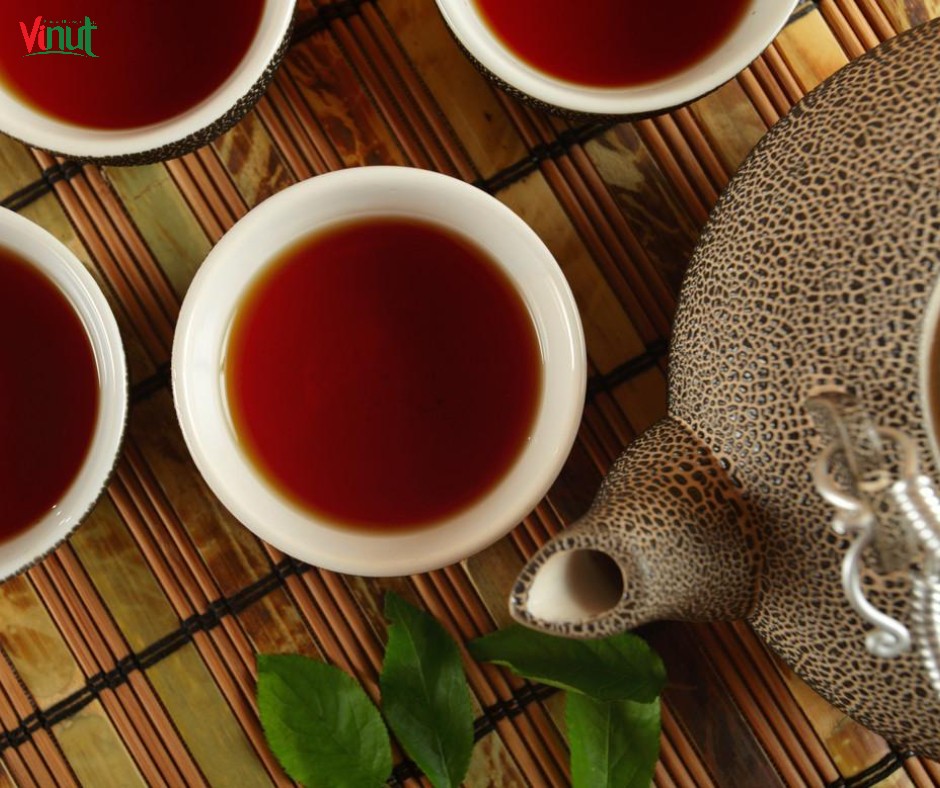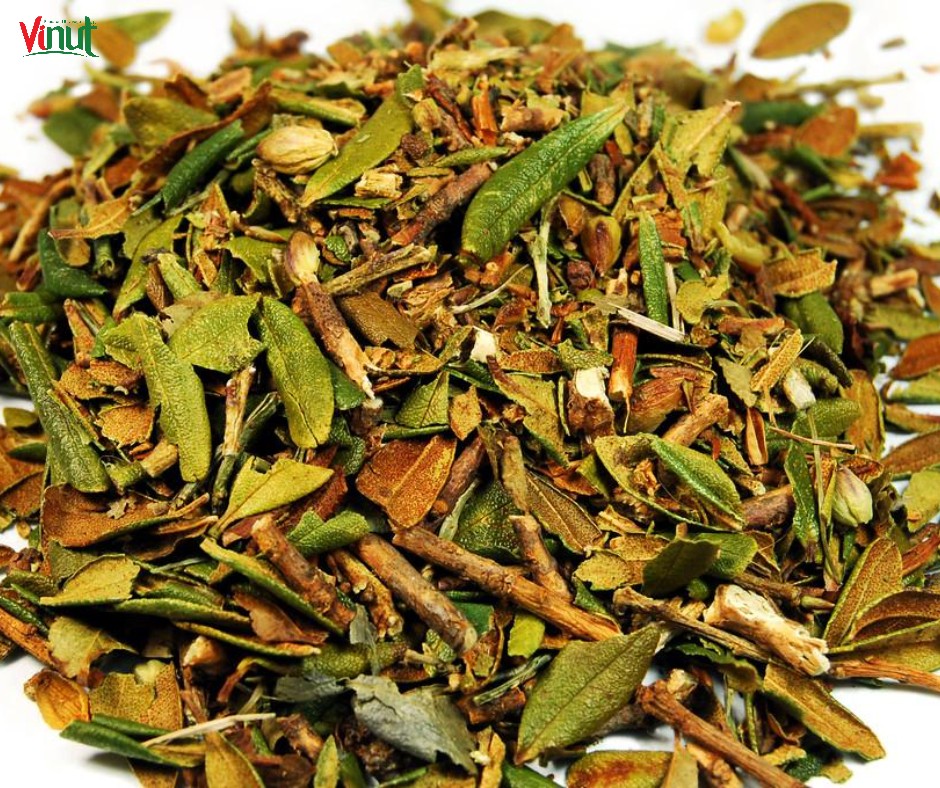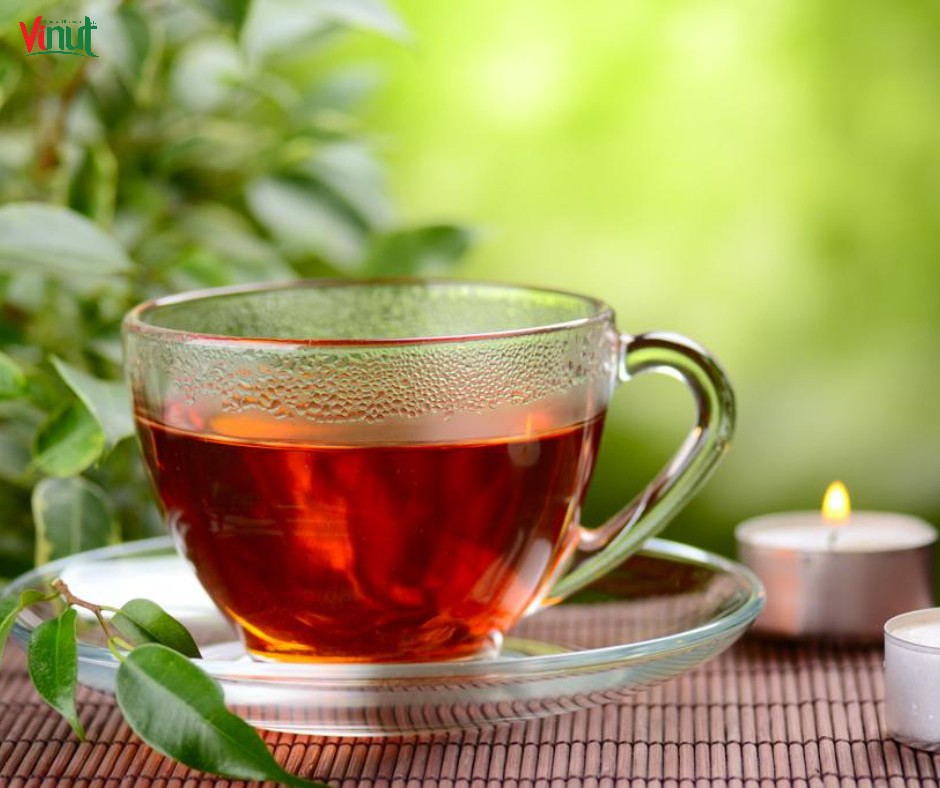
News
Top 7 Teas to Drink Before Bed

Having trouble sleeping at night? A warm cup of tea before bed can be a soothing and relaxing way to wind down and prepare your body for rest. In this article, Cojo explore seven types of tea that are known for their calming and sleep-promoting properties.

Introduction
For centuries, people have turned to herbal teas as a natural remedy for insomnia and sleep disturbances. Whether you’re struggling to fall asleep or looking to improve the quality of your sleep, incorporating these teas into your bedtime routine may help promote relaxation and prepare your mind and body for restful sleep.
1. Chamomile Tea
Chamomile tea is perhaps one of the most well-known herbal teas for promoting relaxation and sleep. It contains apigenin, an antioxidant that binds to certain receptors in the brain, reducing anxiety and initiating sleep. Drinking chamomile tea before bed may help calm the mind and improve sleep quality.
2. Lavender Tea
Lavender tea is made from the dried flowers of the lavender plant and is prized for its soothing aroma and calming effects. Studies have shown that inhaling the scent of lavender can promote relaxation and reduce stress levels, making lavender tea an excellent choice for bedtime.

3. Valerian Root Tea
Valerian root has been used for centuries as a natural remedy for insomnia and sleep disorders. It contains compounds that increase levels of gamma-aminobutyric acid (GABA) in the brain, a neurotransmitter that helps regulate mood and induce relaxation. Drinking valerian root tea before bed may help improve sleep quality and reduce the time it takes to fall asleep.
4. Peppermint Tea
Peppermint tea is not only delicious but also has calming properties that may help promote sleep. It contains menthol, which has a relaxing effect on the muscles and may help alleviate tension and anxiety. Enjoying a warm cup of peppermint tea before bed can help soothe your body and mind, making it easier to drift off to sleep.
5. Lemon Balm Tea
Lemon balm is a member of the mint family and is known for its calming and mood-enhancing properties. Drinking lemon balm tea before bed may help reduce anxiety and promote relaxation, leading to better sleep quality. Additionally, lemon balm has a mild lemony flavor that is both refreshing and soothing.

6. Passionflower Tea
Passionflower tea is made from the dried leaves, flowers, and stems of the passionflower plant and is often used as a natural remedy for anxiety and insomnia. It contains compounds that may increase levels of GABA in the brain, promoting relaxation and reducing stress. Drinking passionflower tea before bed may help calm the mind and improve sleep quality.
7. Chamomile-Lavender Tea Blend
Combining the calming properties of chamomile and lavender, this soothing tea blend is the perfect bedtime beverage. Both chamomile and lavender have been used for centuries to promote relaxation and improve sleep quality. Enjoying a cup of chamomile-lavender tea before bed can help calm your mind and body, setting the stage for a restful night’s sleep.

Conclusion
Incorporating a calming tea into your bedtime routine can be a simple yet effective way to promote relaxation and improve sleep quality. Whether you prefer chamomile, lavender, valerian root, or another soothing herbal tea, taking the time to enjoy a warm cup before bed can help signal to your body that it’s time to unwind and prepare for sleep.
FAQs
Q: Can I add honey or milk to my bedtime tea? A: Yes, adding a small amount of honey or milk to your tea can enhance its flavor and sweetness. However, be mindful of adding too much sugar, as it may interfere with sleep quality.
Q: How long before bed should I drink tea? A: It’s generally recommended to drink tea about 30 minutes to an hour before bed to allow time for the calming effects to take hold.
Q: Are there any teas I should avoid before bed? A: Some teas, such as black or green tea, contain caffeine, which can interfere with sleep. It’s best to opt for caffeine-free herbal teas in the evening to promote relaxation and restful sleep.
Q: Can children drink bedtime tea? A: While herbal teas are generally safe for children, it’s always a good idea to check with a pediatrician before giving tea to young children, especially if they have any underlying health conditions or are taking medication.
Q: How can I make my own herbal tea blends for bedtime? A: Experimenting with different combinations of herbs and flowers can help you create your own unique bedtime tea blends. Start with a base of chamomile or lavender and add other herbs like lemon balm, valerian root, or passionflower to suit your taste preferences.











